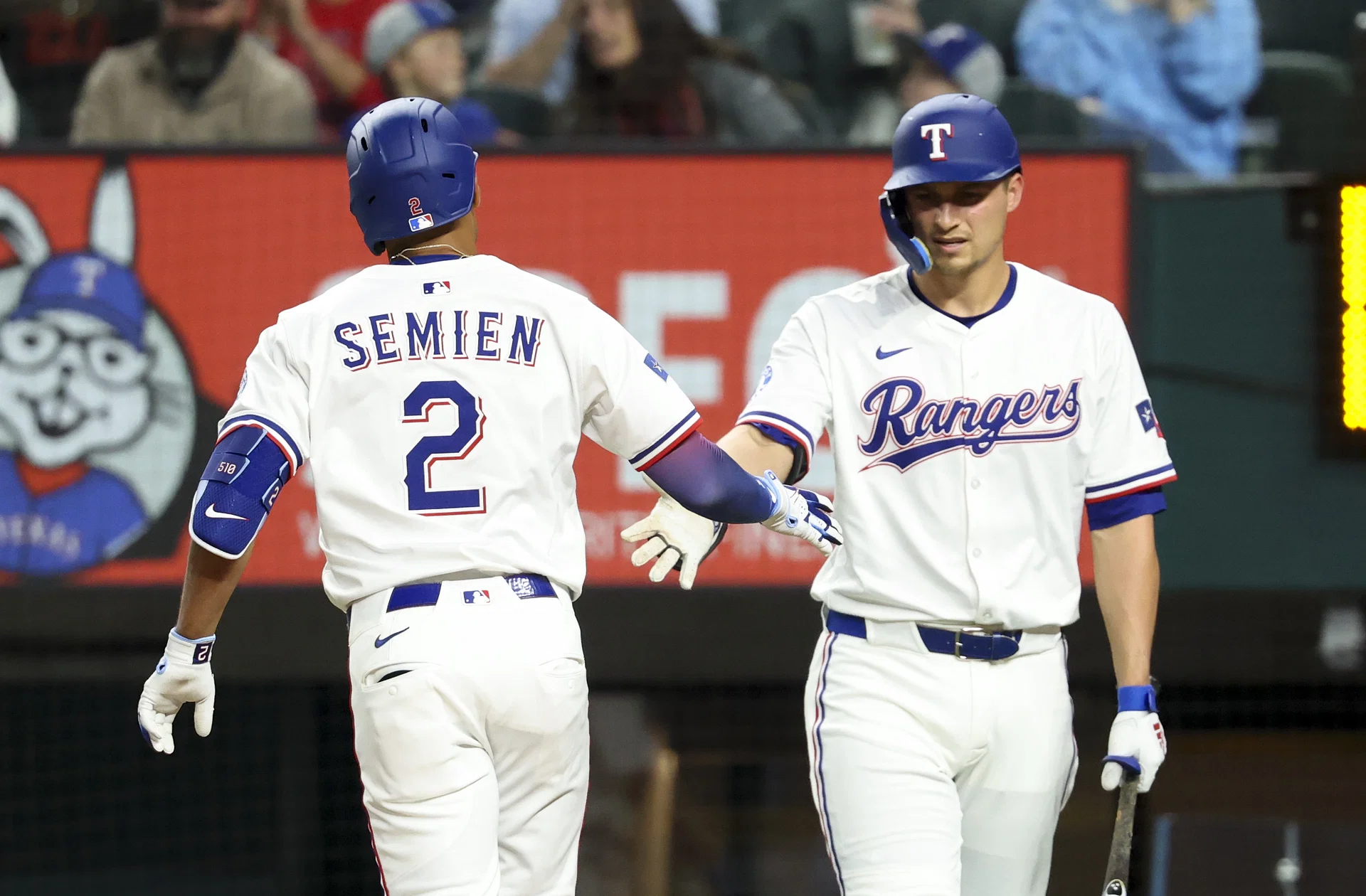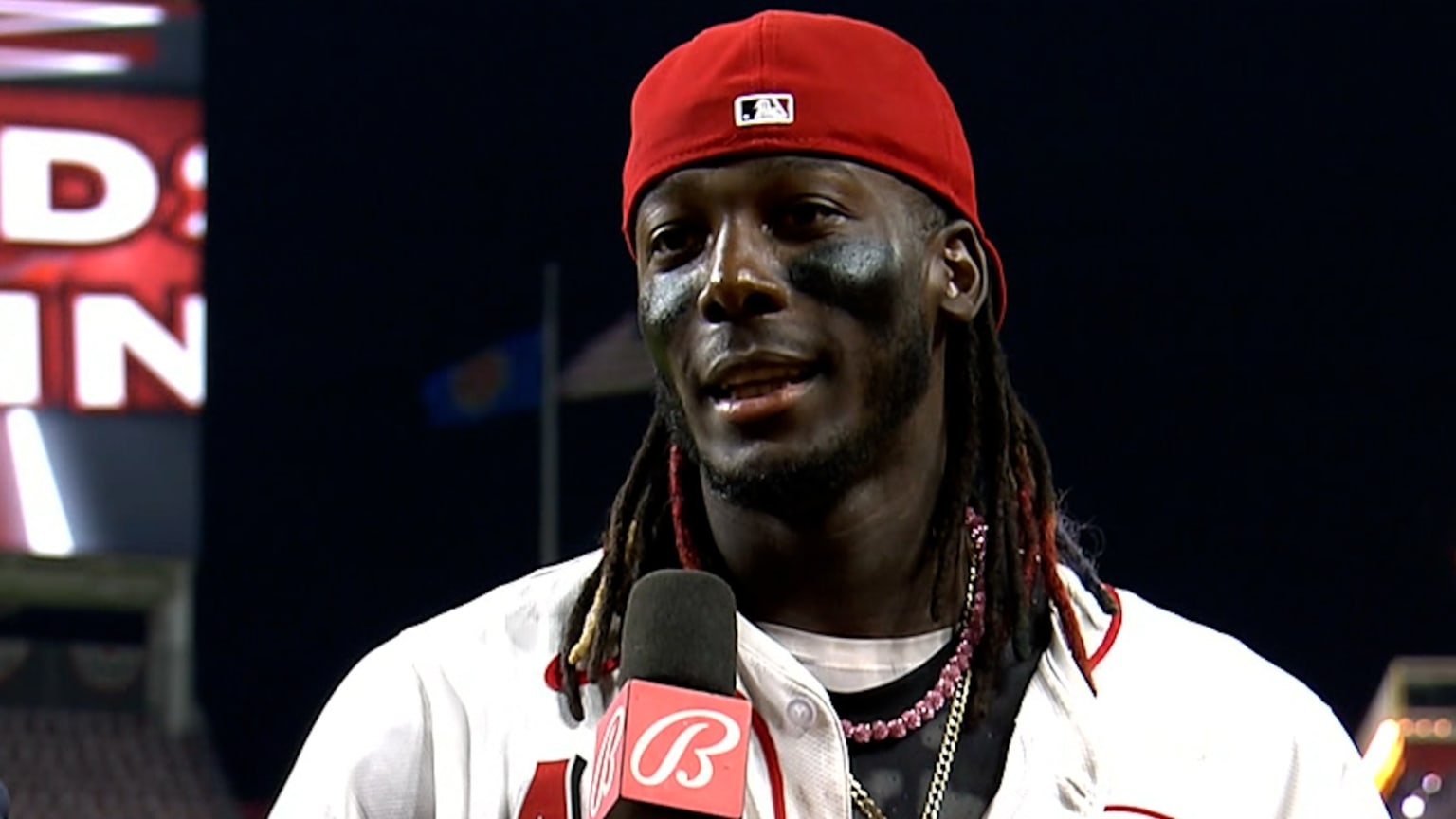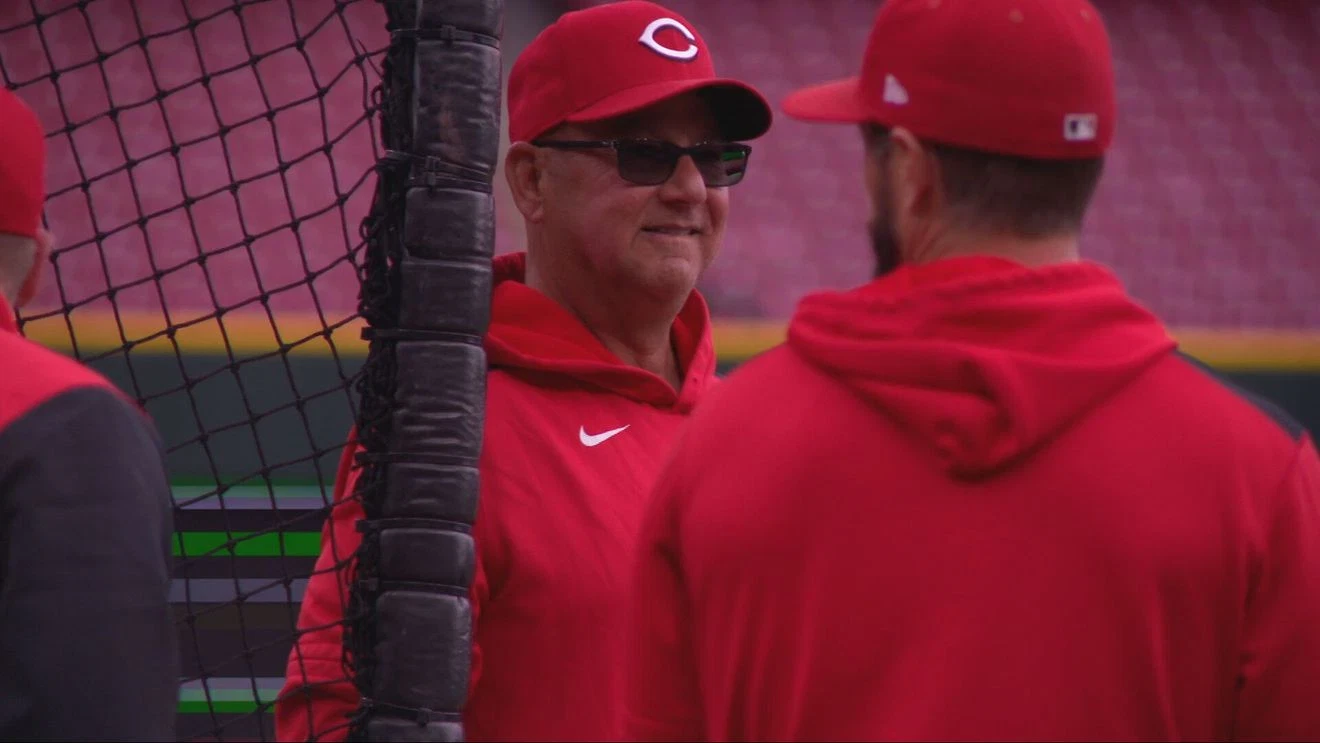In a decision that has left fans scratching their heads and analysts raising eyebrows, the Texas Rangers have traded away one of their most reliable and battle-tested arms in recent memory — a move that’s already being viewed as a potential blunder with long-term consequences.
The Rangers officially sent right-hander Dane Dunning to the Atlanta Braves in exchange for reliever José Ruiz and cash considerations. On the surface, it’s a fairly routine transaction — the kind of midseason adjustment clubs make to address depth and roster flexibility. But digging deeper, the trade feels more like a strategic misfire than a savvy piece of roster management.
Dunning wasn’t just another name on the pitching staff. He was a dependable and versatile workhorse — a pitcher who answered the call no matter the role, no matter the moment. Since joining Texas in 2021, Dunning earned the Rangers’ Pitcher of the Year award twice (2021 and 2023), a testament to his consistency and value to the organization. His 2023 campaign was especially critical, where he delivered a strong 3.70 ERA over 172 2/3 innings, stepping into the rotation after Jacob deGrom’s injury and stabilizing a team on the edge of contention.
Even this season, amid uncertainty and a brief DFA stint, Dunning remained composed and effective. He posted a 3.38 ERA in limited appearances out of the bullpen, showcasing his ability to adapt while maintaining poise — something not every pitcher can manage when shifted between roles or demoted temporarily.
And yet, the Rangers opted to let him go.
In return, they’ve acquired José Ruiz, a right-handed reliever whose numbers this season offer little reassurance. Ruiz opened the year with the Phillies, where he struggled to an 8.16 ERA in 16 games, leading to his designation for assignment. After being claimed by Atlanta, he appeared in just two games — allowing multiple runs and recording a 13.50 ERA — before once again being shuffled off the roster. While he possesses a powerful arm and has occasional flashes of potential, there’s little to suggest he’s ready to contribute meaningfully at the major league level anytime soon.
Many are already questioning the logic behind the move. Why trade a proven commodity — a pitcher who has handled pressure, shown durability, and provided value in both starting and relief roles — for someone who hasn’t found consistency in years? Was opening a 40-man roster spot so urgent that it justified sacrificing a cornerstone of the pitching staff?
Supporters of the deal may argue it was purely about logistics. The Rangers anticipate Jon Gray returning soon from his spring training forearm fracture, and the team has posted an impressive 3.37 bullpen ERA this season — second-best in the American League. But depth can evaporate quickly in a long season, and experienced, adaptable arms like Dunning’s don’t grow on trees.
The timing of the trade also adds to the confusion. With the trade deadline approaching and the AL playoff race heating up, now is typically when contending teams add reliable arms — not ship them off. And in a season where injuries across the league have already wreaked havoc on rotations and bullpens, losing a known quantity for a question mark feels more like a step backward than progress.
Ultimately, time will tell who got the better end of this deal. But if Dane Dunning finds stability and success in Atlanta — especially with the Braves currently navigating injuries to multiple starters — while José Ruiz continues to struggle or never sees the majors in Texas, this could go down as one of the more avoidable missteps in recent Rangers memory.
For now, the only certainty is this: the Rangers gave up a trusted, proven pitcher for a gamble. And in baseball, gambles don’t always pay off.



